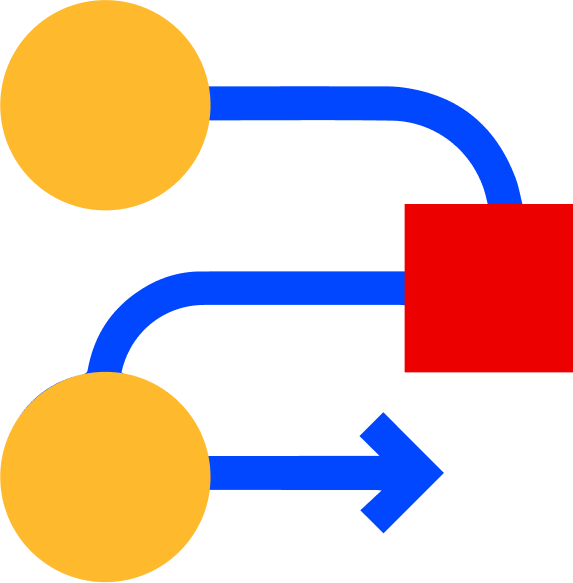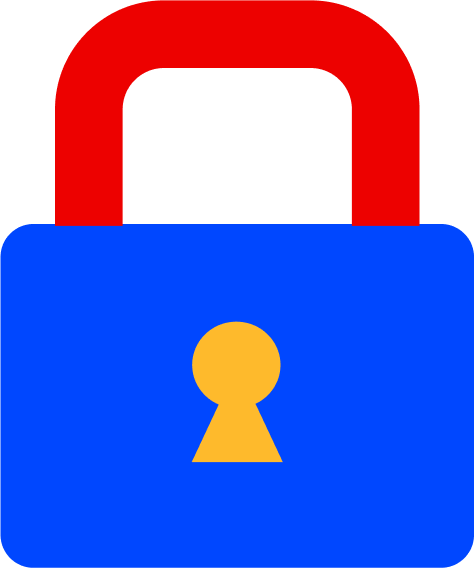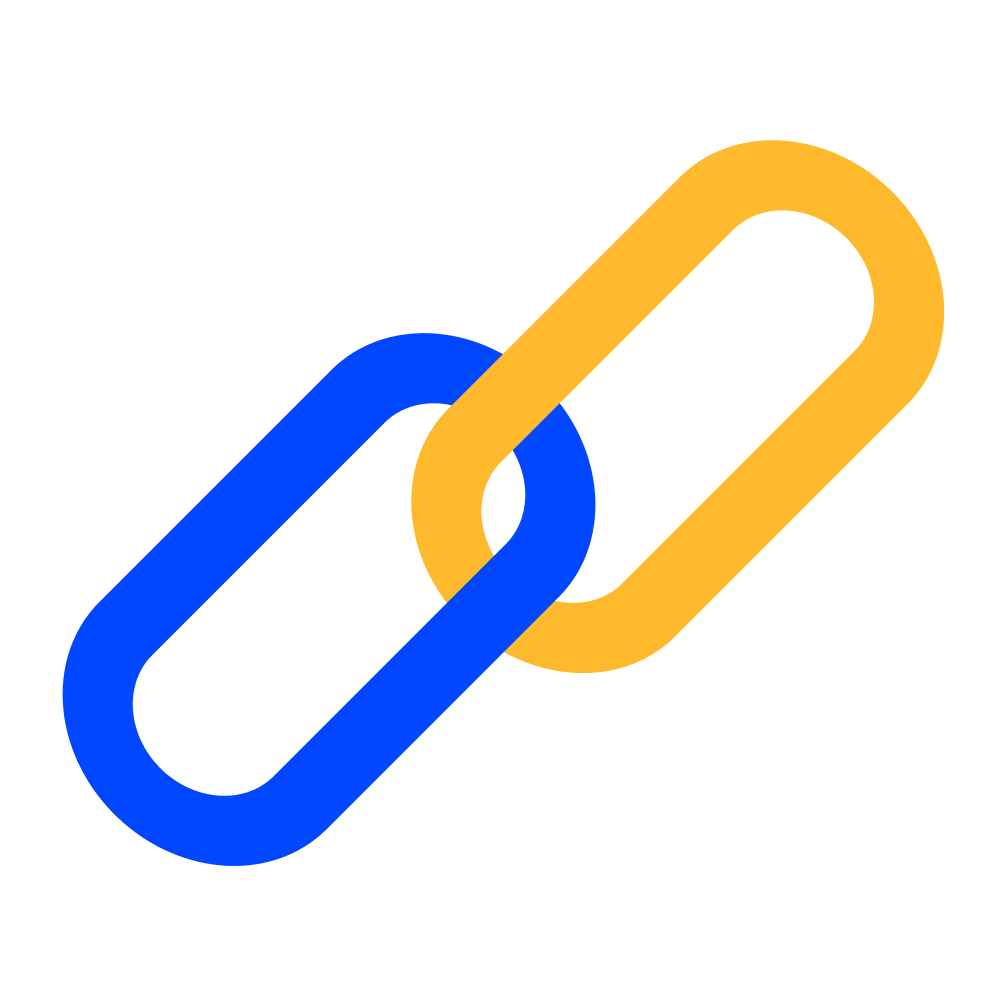Legal Operations and the Litigation Hold Process: Aligning People, Process, and Platform


Litigation hold coordination means keeping personnel, processes, and platforms in sync with one another. This means having clear policies and standardized documentation formats during the litigation hold process. It also means managing legal holds from user-friendly dashboards that streamline all parts of the eDiscovery process.
The Minnesota Journal of Law, Science, and Technology states that a single eDiscovery cycle can cost a business around $1.3 million.
However, this 2011 study didn't account for any of the eDiscovery platforms that we have today. With quality AI tools, a 2025 Thompson Reuters study found that AI technology offers legal teams an ROI of 235% within 18 months. These cost savings show significant benefits when you align all facets of legal holds!
Here, we'll discuss how legal ops teams can streamline the litigation hold process by aligning personnel, procedures, and technology for efficient and defensible data preservation. Read on to enhance your legal operations strategy and boost litigation hold coordination ASAP.
What is the Litigation Hold Procedure?
Legal hold procedures are essential for preserving evidence that may be needed in legal cases. Holds are issued when your company or law firm may have documents relevant to an ongoing or upcoming litigation. Those who receive the notice must keep the data unaltered and safe for review.
What Happens When a Litigation Hold Is Enabled?
In a streamlined and effective company, the enabling of a legal hold immediately jump-starts cross-team legal collaboration. Process optimization mitigates the risk of data spoliation and stops teams from having to inefficiently comb through dozens of applications. It also makes communication easier across departments and branches of any business or law firm.
People
The 'people component' of the litigation hold process means defining roles during eDiscovery. This doesn't just mean assigning custodians to hold onto information or telling departments what data to ensure remains unaltered. It also means defining employee and management duties and obligations.
Internal stakeholders like the legal team and executives need to know what they have to do. So do IT and HR departments.
Beyond internal stakeholders, employees need to be well-trained in litigation management. It's also important to communicate about holds with:
- Clear and concise email notices to custodians
- Acknowledgment of legal hold notice receipts
- Consistent reminders about the legal hold
- A clear hold release notice once litigations end
There also need to be well-defined workflows across legal departments. This helps to prevent data loss due to a lack of cross-departmental coordination.
Process
Enhancing legal hold processes means creating a systematic workflow. It needs to be repeatable every time a litigation hold notice is issued. This prevents confusion with well-defined, expert-written legal hold policies that all involved people can follow easily.
Some ways to define processes clearly include:
- Using standard templates for hold notices
- Documenting all aspects of the legal hold process
- Writing down dates and contents of notices
- Documenting when custodians acknowledge the notice
- Interviewing custodians to learn about all potential information sources
- Using a consistent hold-release procedure
Platform
Top legal tech solutions automate time-consuming and costly processes. This means offering integration with enterprise systems. It also means tracking legal holds automatically and sending out notices.
LexisNexis reports that 44% of in-house legal leaders leverage AI. Choosing a great AI-driven platform like Onna keeps you ahead of the curve and streamlines operations effectively.
Frequently Asked Questions
How Does Onna Help With Litigation Hold Coordination?
Onna's legal workflow automation platform simplifies legal holds with a user-friendly dashboard. The interface helps legal teams stay organized by eliminating the need for external spreadsheets and documents.
Its management techniques also let you preserve data directly in its source application while accessing it from an integrated, all-in-one location. This decreases the risk of data spoliation or loss. AI-powered tools let you:
- Send out automated notices
- Sync data automatically
- Identify what data to preserve
- Respond quickly to custodians
- Appoint and manage custodians easily
- View all hold details within our application
- Integrate with other Onna and Reveal eDiscovery tools seamlessly
What Data Platforms Can Onna Integrate With?
Some data sources that our platform's all-in-one dashboard connects to include:
- Microsoft 365
- Google Vault
- Company email accounts
- Cloud storage applications
- Dropbox
- Slack
- Clio
Onna connectors can also integrate data from your company's custom-made applications. There are very few limitations to what you can centralize and standardize, which unifies all data for accessibility and compliance. No coding knowledge is needed!
How Do Litigation Holds Fit Into the eDiscovery Process?
A legal hold is the first step toward cross-team legal collaboration. Identifying the data you need to hold onto and alerting you to litigation-relevant information is just the first step. Simply storing data without altering it doesn't lead to automatic subpoena or FOIA request responses.
You also need to leverage AI to normalize and review data. Onna's capabilities include automatic tagging and filtering by subject and source. The all-in-one dashboard lets you search all your data by these pre-applied tags or by keywords within all documents.
At this point, the AI will help you standardize data within its platform. This means transcribing audio and video files and translating documents from other languages. Generative AI can also summarize complex documents for easier and more streamlined review.
Since Onna's technology is made to comply with both US and EMEA regulations, legal teams all across the world can enjoy end-to-end software. Regardless of your location, legal workflow automation can help your enterprise stand out.
Enhance Your Legal Operations Strategy With Onna
A good litigation hold process requires people, processes, and platforms to work together seamlessly. Now that you know how to do this and how Onna's AI-driven platform can help, it's time to start streamlining your eDiscovery operations.
Onna is committed to simplifying how you manage data from dozens of sources. Our integrated dashboard and Gen AI opportunities help legal teams and LSPs decrease security risks. We also aim to ensure that all data is accessible and easy to understand so that your legal holds run smoothly and effectively.
We're excited to show you our capabilities and what sets our platform apart, so schedule a demo to test-drive our cutting-edge legal tech solutions today!
 eDiscovery
eDiscovery Collections
Collections Processing
Processing Early Case Assessment
Early Case Assessment Information Governance
Information Governance Data Migration
Data Migration Data Archiving
Data Archiving Platform Services
Platform Services Connectors
Connectors Platform API
Platform API Pricing Plans
Pricing Plans Professional Services
Professional Services Technical Support
Technical Support Partnerships
Partnerships About us
About us Careers
Careers Newsroom
Newsroom Reveal
Reveal Logikcull by Reveal
Logikcull by Reveal Events
Events Webinars
Webinars OnnAcademy
OnnAcademy Blog
Blog Content Library
Content Library Trust Center
Trust Center Developer Hub
Developer Hub